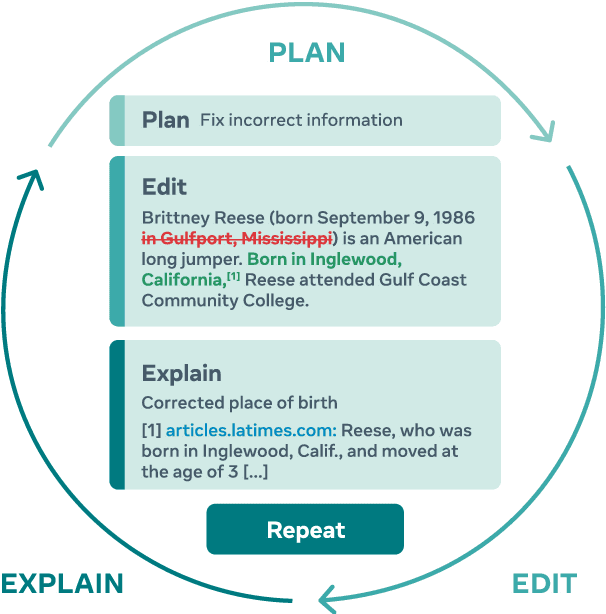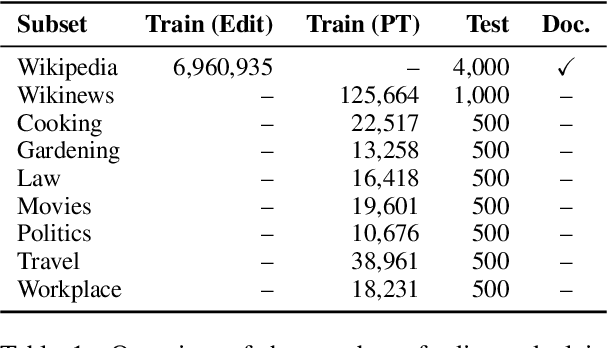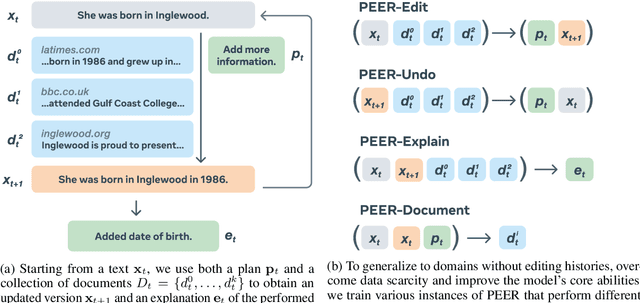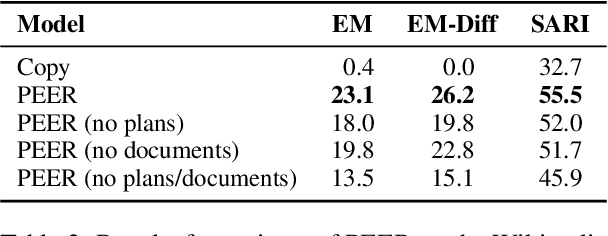Qingfei You
The Generalization Gap in Offline Reinforcement Learning
Dec 10, 2023



Abstract:Despite recent progress in offline learning, these methods are still trained and tested on the same environment. In this paper, we compare the generalization abilities of widely used online and offline learning methods such as online reinforcement learning (RL), offline RL, sequence modeling, and behavioral cloning. Our experiments show that offline learning algorithms perform worse on new environments than online learning ones. We also introduce the first benchmark for evaluating generalization in offline learning, collecting datasets of varying sizes and skill-levels from Procgen (2D video games) and WebShop (e-commerce websites). The datasets contain trajectories for a limited number of game levels or natural language instructions and at test time, the agent has to generalize to new levels or instructions. Our experiments reveal that existing offline learning algorithms struggle to match the performance of online RL on both train and test environments. Behavioral cloning is a strong baseline, outperforming state-of-the-art offline RL and sequence modeling approaches when trained on data from multiple environments and tested on new ones. Finally, we find that increasing the diversity of the data, rather than its size, improves performance on new environments for all offline learning algorithms. Our study demonstrates the limited generalization of current offline learning algorithms highlighting the need for more research in this area.
PEER: A Collaborative Language Model
Aug 24, 2022



Abstract:Textual content is often the output of a collaborative writing process: We start with an initial draft, ask for suggestions, and repeatedly make changes. Agnostic of this process, today's language models are trained to generate only the final result. As a consequence, they lack several abilities crucial for collaborative writing: They are unable to update existing texts, difficult to control and incapable of verbally planning or explaining their actions. To address these shortcomings, we introduce PEER, a collaborative language model that is trained to imitate the entire writing process itself: PEER can write drafts, add suggestions, propose edits and provide explanations for its actions. Crucially, we train multiple instances of PEER able to infill various parts of the writing process, enabling the use of self-training techniques for increasing the quality, amount and diversity of training data. This unlocks PEER's full potential by making it applicable in domains for which no edit histories are available and improving its ability to follow instructions, to write useful comments, and to explain its actions. We show that PEER achieves strong performance across various domains and editing tasks.
 Add to Chrome
Add to Chrome Add to Firefox
Add to Firefox Add to Edge
Add to Edge